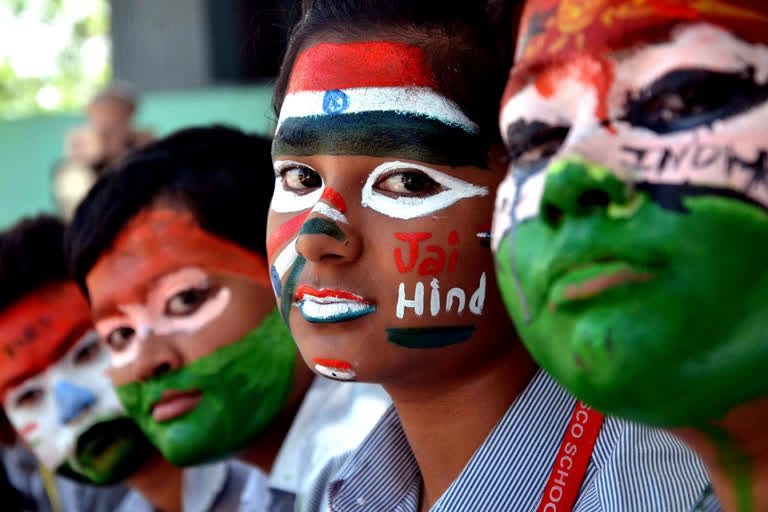Hyderabad: Twenty years have lapsed since former Chief Election Commissioner TN Seshan had warned about the need for reforms in the electoral process before it is tarnished by the wealthy and becomes a tool in the hands of anti-social elements. Having paid no heed to his words, the Indian general elections 2019 were conducted at a whopping cost of Rs 60,000 crores, which is 25 per cent more than the cost of US Presidential elections.
According to a study by the Center for Media Studies (CMS), no other country in the world is a match enough for the extensive and expensive elections in India, which boasts of 90 crore voters. Candidates across 80 Parliamentary constituencies in the country have spent more than Rs 100 crores during the elections.
The 1998 Indrajit Gupta committee targeted the cash-flow in general elections and made clear suggestions that the government would have to bear some of the candidates' expenses. Recent history shows how closely related the flow of black money is to winning candidates, criminals and power-hungry politicians. Whenever the issue of restricting cash-flow in elections arises, the solution of government bearing the candidates' expenses is brought to the fore.
The Modi government recently reported to the Parliament that the Election Commission did not approve of the proposal that the Centre will bear the election costs of the candidates. Further, it said that the EC expressed helplessness in prohibiting or restricting the election expenditure over and above the expenses borne by the Centre.
Read: Our democracy, electoral process, voters are our pride: President Kovind
Nasim Zaidi, the former CEC of Nirvachan Sadan said that the government would be encouraging anarchy if it provided election funds to the parties without eliminating the criminalised system, improving transparency and establishing a regulatory mechanism. All-encompassing reforms aimed at transforming the current electoral system are the need of hour.
In July 2017, Arun Jaitley admitted that black money had become the fuel for Indian democracy for the past seven decades. He added that the electorate along with public representatives, governments, political parties and the Parliament have collectively failed to curb corruption. He introduced the concept of Electoral Bonds to eliminate black money flow but needless to say, the bonds system bid adieu to transparency and accountability.
In July 2019, former Prime Minister Manmohan Singh said that the government should bear the cost of elections as a single party is accumulating 90 percent of the financial resources.
India is a democracy that is worn out by decades long clutches of wealth, power and political strength. In order to reform it, several reports ranging from the Dinesh Goswami committee to the Second Administrative Reforms Commission must be reevaluated. When the legislature drafted a document on eight key issues on comprehensive electoral reforms in 2013 and delivered it to judicial institutions, lawyers, national level organisations, civil rights commissions, educationists, public representatives and experts in various domains, the number of responses it received was merely 150. When political corruption has pervaded every part of the society, governments are still indifferent in taking any action.
Read: India drops 10 places to 51st in annual Democracy Index
Justice Chagla had suggested six decades ago that voters' integrity needs to be safeguarded since the elections in India are conducted on the basis of universal adult suffrage. Political parties instead of requesting the voters to cast their vote have now reached a stage where they demand votes. All this is brought about the advent of heavy cash-flow in elections.
In the 2019 general elections, the cost of candidates' election campaigns has amounted to Rs 25,000 crores. The current trend of elections has completely ignored Advani's words that elections mean an opportunity for all the sections of population to increase their awareness. Digital technology in the new millennium has created novel platforms for rallies, campaigns and roadshows. Still, the electoral misconduct is rampant.
It is the responsibility of vigilant constitutional systems to create awareness about the politicians' plundering once they get elected. The central government itself had argued in the Supreme Court that the citizens need not know about the source of funds to the political parties. Parties must get rid of such negligent attitude and start a national level discussion on how to reinvigorate the Indian democracy.
As the Lord Nolan committee noted in the 90s, the political parties in India must follow the lead of United Kingdom in imparting responsibility and accountability. Unless the parties are reshaped to abide by the rules of democracy, the nation cannot be saved.
Read: Elections are indispensable root of democracy, says CEC Arora



